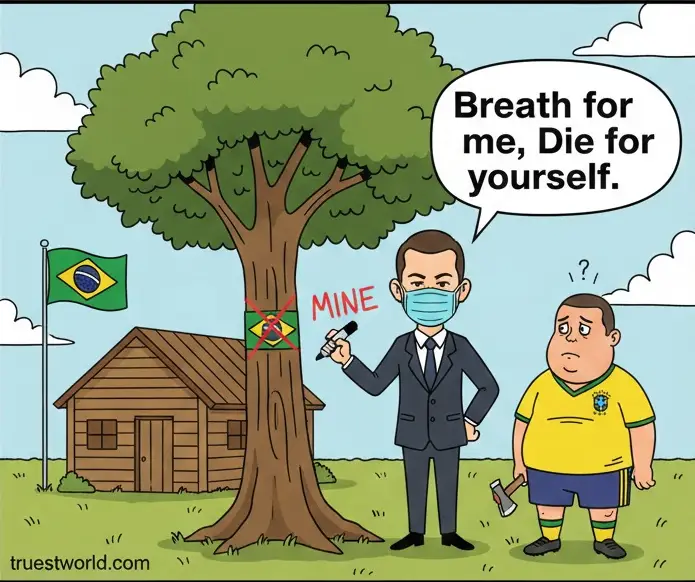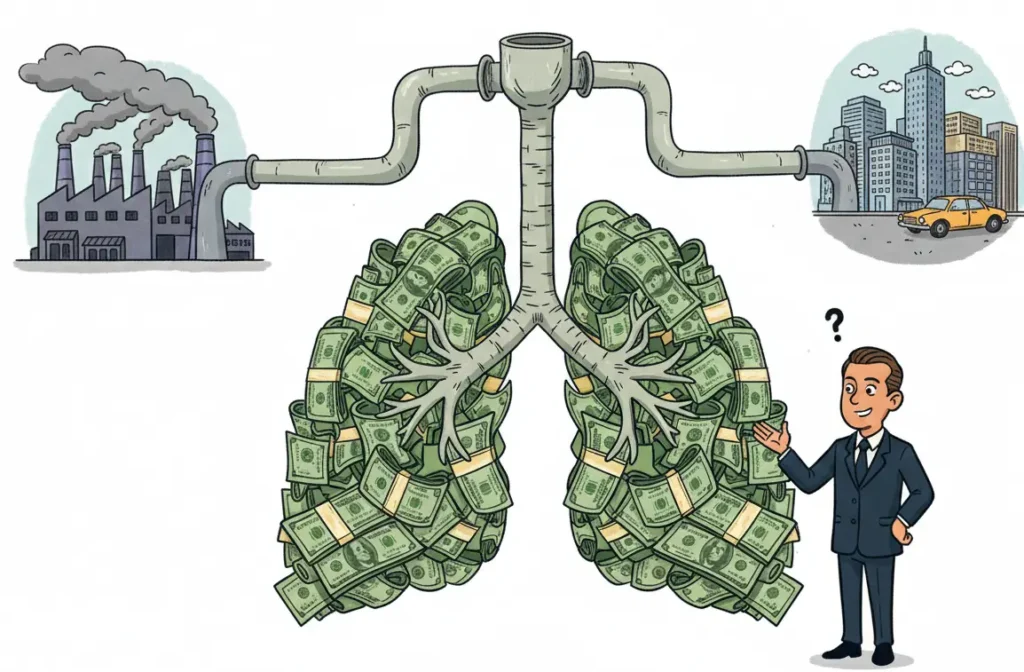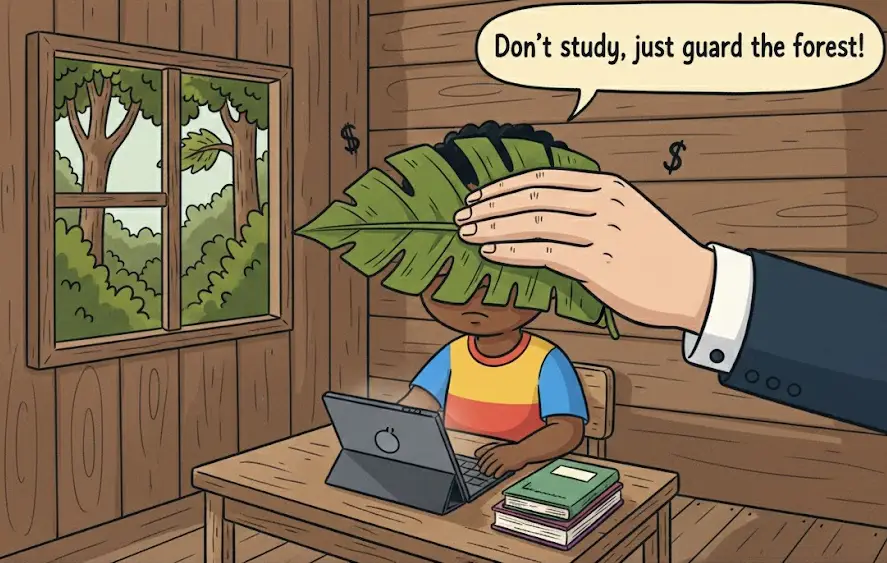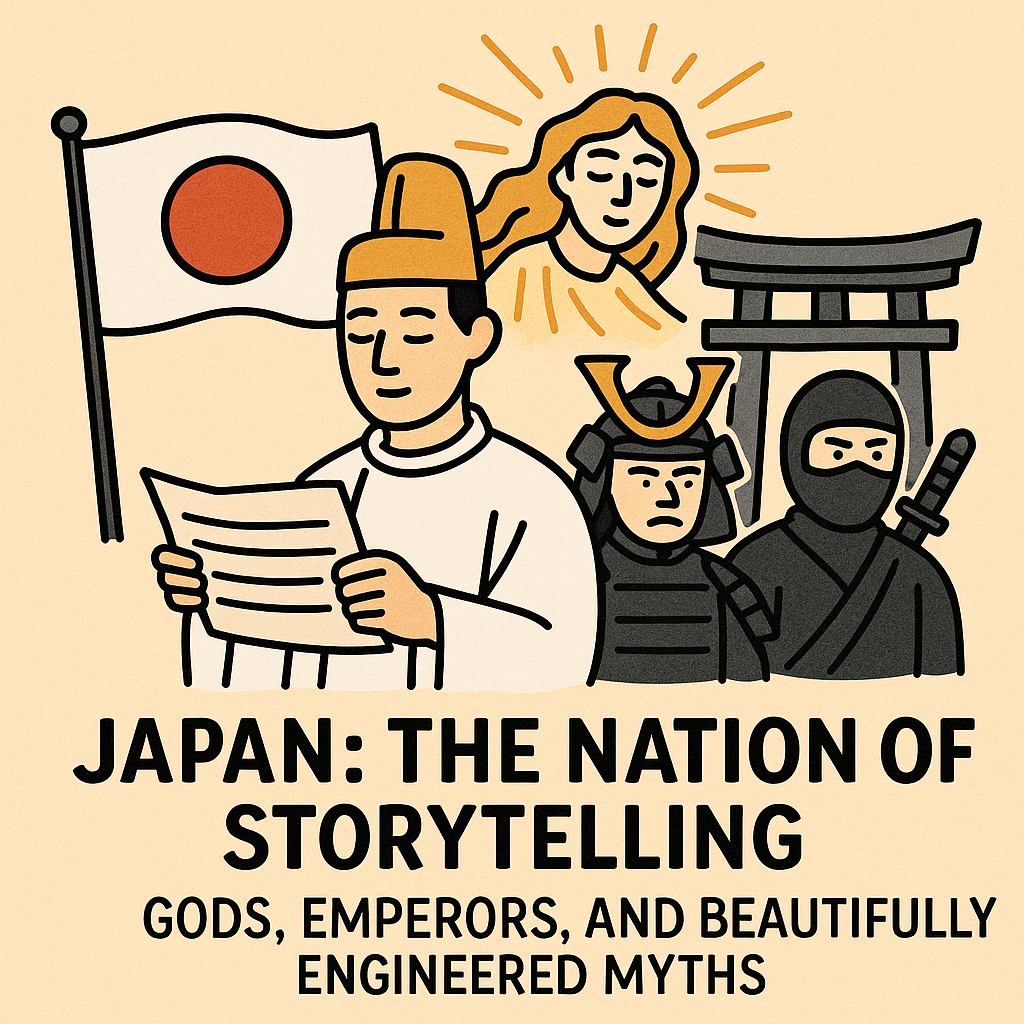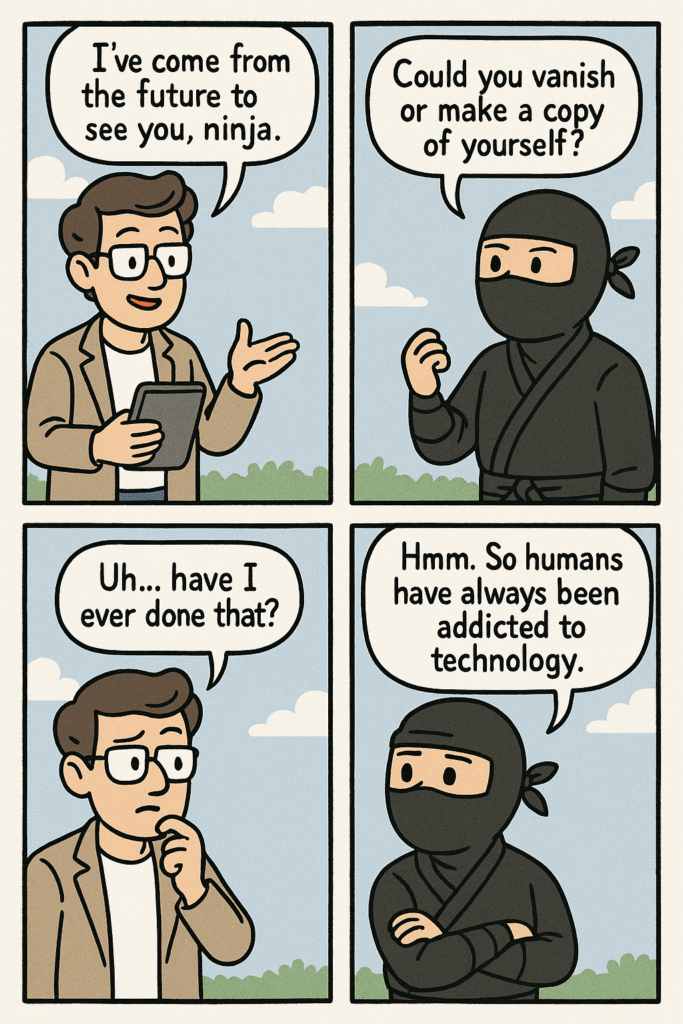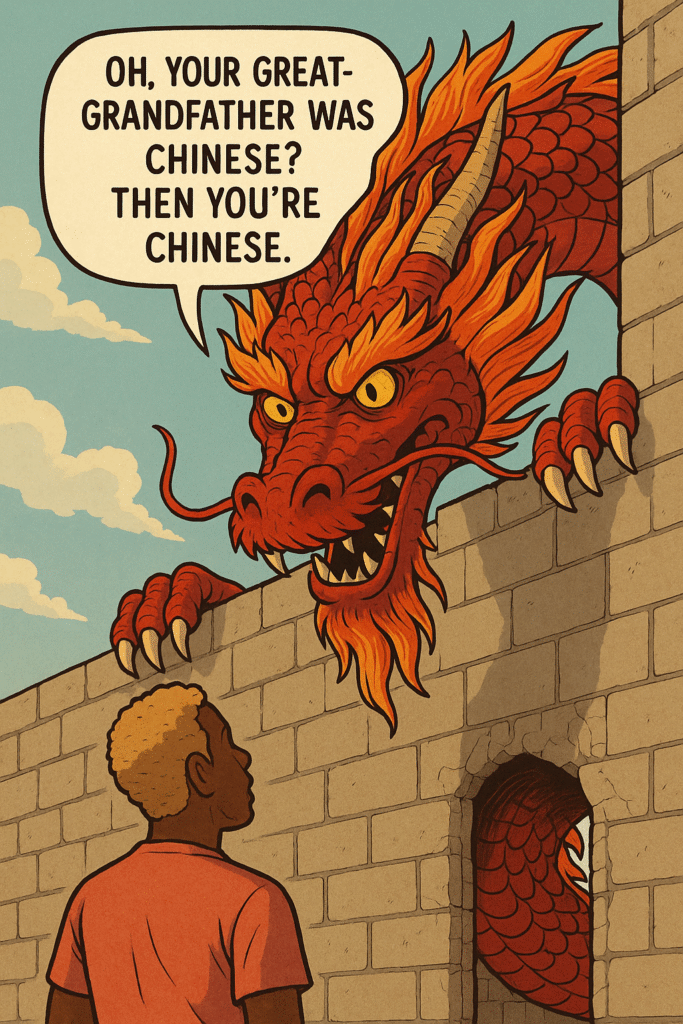Series Title: Made in China: From Unrivaled Factory to the Chip War Dead End
Article Title: [Made in China EP.3] The Silicon War: When a Fingernail-Sized Chip Becomes the Wall the Chinese Army Cannot Climb
![[Made in China EP.3] The Silicon War: When a Fingernail-Sized Chip Becomes the Wall the Chinese Army Cannot Climb 2 Truest World hey chinese hurry up Truest World](https://truestworld.com/wp-content/uploads/2026/01/hey-chinese-hurry-up.webp)
We have reached the finale of the Made in China trilogy. In EP.1, we saw China dominate the world with an uncopyable factory model. In EP.2, we watched them scour the globe for resources to feed those factories.
![[Made in China EP.3] The Silicon War: When a Fingernail-Sized Chip Becomes the Wall the Chinese Army Cannot Climb 3 Truest World china product green Truest World](https://truestworld.com/wp-content/uploads/2026/01/china-product-green.webp)
But in EP.3, we confront a bitter irony: A nation capable of building an “Artificial Sun” and landing rovers on the dark side of the moon cannot manufacture a tiny, fingernail-sized square called an “Advanced Semiconductor.”
And this tiny square is the “Kill Switch” currently held in the hands of the United States.
1. The Great Divide: Master of the Low-End, Failure at the High-End
First, let’s be clear: China knows how to make chips.
- Legacy Chips (28nm and above): These are the chips found in cars, washing machines, and TVs. China is excellent at producing them and is on track to flood the global market with cheap supply.
- Advanced Chips (Below 7nm): These are the “brains” of AI, Supercomputers, and the latest iPhones. Here, China is dead in the water.
Why? Because manufacturing these chips requires a machine called EUV Lithography (made by ASML), arguably the most complex machine in human history. The US has strictly forbidden its sale to China.
2. Big but Blind: An Army with Bad Eyesight
This isn’t just about iPhones; it’s about War. Modern weaponry isn’t measured by the size of the explosion, but by “Intelligence.”
- Hypersonic Missiles: Require high-speed processing chips to maneuver.
- J-20 Fighter Jets: Need precise radar chips to detect enemies.
- Smart Drones: Rely on AI chips to identify targets.
Without advanced chips, the Chinese military might have more ships than the US (Quantity), but their guidance systems could be “dumber” and “slower” (Quality) in actual combat. This is a risk Beijing cannot accept.
3. The Desperate Chase: The Dragon’s Last Bet
Strangled by sanctions, China is making a desperate “Manhattan Project” style gamble.
- Unlimited Budget: The government’s “Big Fund” is pouring trillions of yuan into building domestic chip-making equipment (even if it lags 10 years behind the West).
- Headhunting & Poaching: China is hiring top engineers from Taiwan and South Korea with astronomical salaries, hoping to shortcut the R&D process.
- Secret Workarounds: They are experimenting with “Chiplet” technology—stacking multiple older chips together to mimic the performance of a newer one—just to survive the blockade.
Trilogy Conclusion: The Giant with a Fatal Flaw
The Made in China series ends with this crystal-clear image: China is a giant with a muscular body (The Factory – EP.1) and excellent blood circulation (Resources – EP.2)… but the “Brain” (Chips – EP.3) is still held hostage by its rival.
As long as China cannot manufacture this “Brain” domestically, its dream of becoming the world’s undisputed superpower remains a fragile illusion. This explains why Taiwan (home to TSMC, the world’s #1 chipmaker) is the most dangerous place on Earth… it holds the final puzzle piece the Dragon is missing.
Views: 0

![[Made in China EP.3] The Silicon War: When a Fingernail-Sized Chip Becomes the Wall the Chinese Army Cannot Climb 1 Truest World [Made in China EP.3] The Silicon War: When a Fingernail-Sized Chip Becomes the Wall the Chinese Army Cannot Climb](https://truestworld.com/wp-content/uploads/2026/01/made-in-china-ep3.webp)
![[Made in China EP.2] The Resource Trap: EV Graveyards and the Global Hunt… The Price of "Fast Fish" Economics 5 Truest World china product green 1 Truest World](https://truestworld.com/wp-content/uploads/2026/01/china-product-green-1.webp)
![[Made in China EP.1] The China Paradox: Why the World Knows "How", But Can't Copy the "Factory" 6 Truest World [Made in China EP.1] The China Paradox: Why the World Knows “How”, But Can’t Copy the “Factory”](https://truestworld.com/wp-content/uploads/2026/01/god-cover4.webp)
